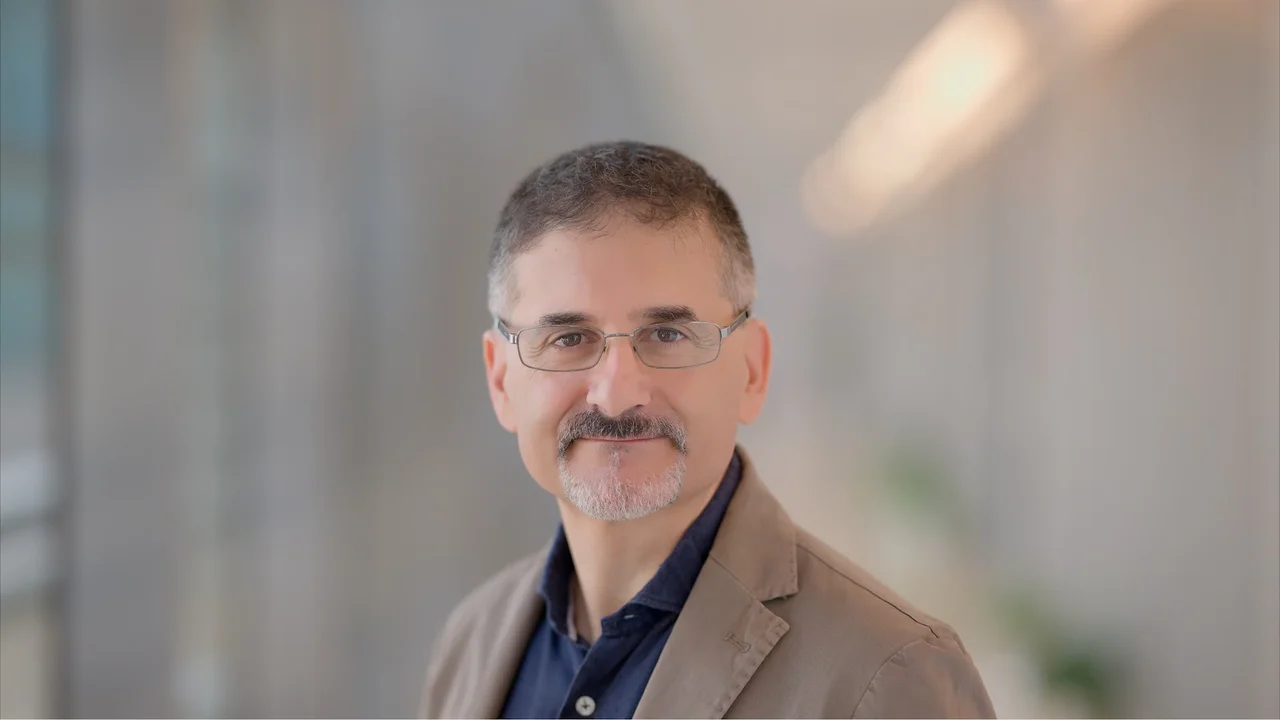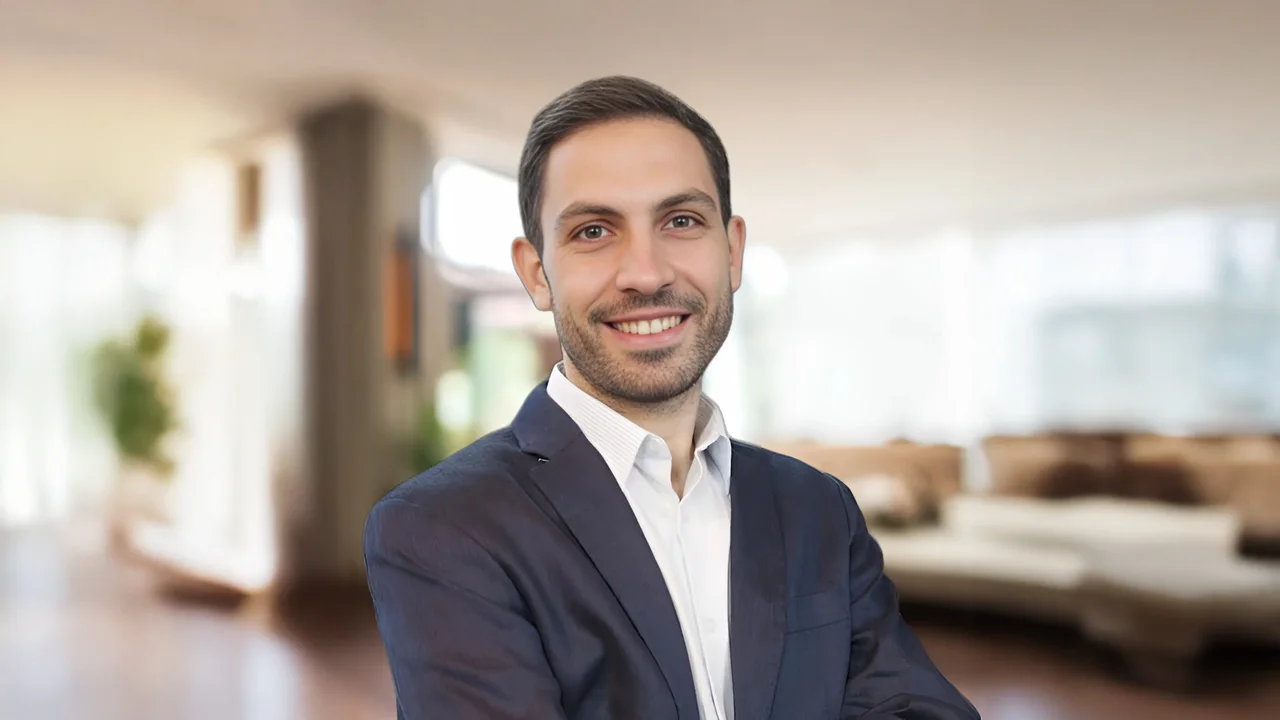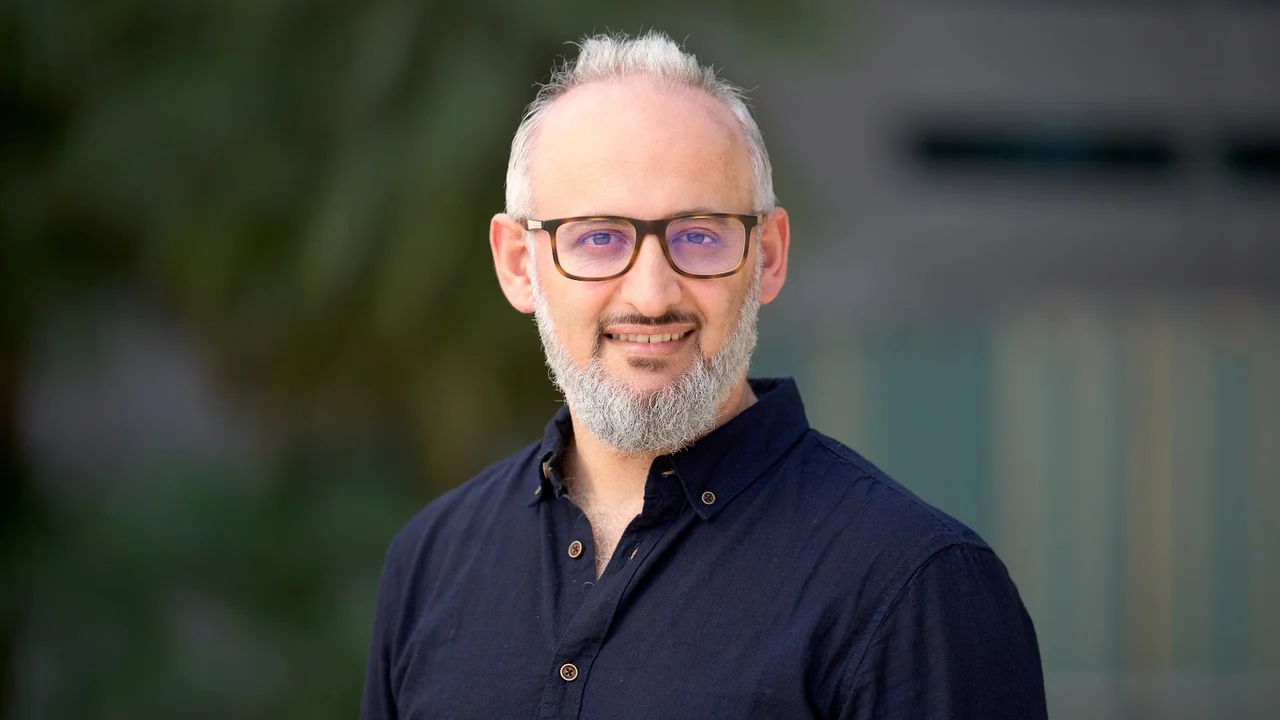
Resilient Computing and Cybersecurity
At KAUST, our Resilient Computing and Cybersecurity researchers are driving impactful research, creating solutions that address the critical challenges facing today's interconnected systems and safeguard our digital future.
Today's cyberspace is a complex ecosystem of large-scale computer and network systems and infrastructures, where classic computing devices coexist with embedded devices (many of them mobile), in a practically seamless manner. The convergence of the Information Technology (IT) and Cyber-Physical Systems (CPS)/Internet of Things (IoT) realms pose challenges to making these systems simultaneously secure, safe, and trustworthy, under evolving threat surfaces.
Research Focus
- Cyber-secure and resilient distributed systems and networks: Investigating innovative system architectures and algorithms exploring combinations of fundamental concepts in distributed systems and networks, cyber security, dependability and resilience.
- Data privacy and integrity: Research on the hard problematic of privacy and integrity in sectors where criticality of information must be reconciled with the need for openness and sharing (e.g. biomedical, fintech, e-gov), and where failure or breach are not an option.
- Safe and secure real-time control and robotics: Research towards new paradigms addressing the safety-security gap in an increasing number of critical CPS/IoT application domains leveraging autonomy (e.g., autonomous vehicles).
- Trusted computing architectures: Addressing the design challenges for next-generation trusted-component based architectures: counter ever-lower level HW attacks; solve the single-point-of-failure syndrome. Investigating ultra-reliable root-of-trust trustworthy component designs.
- Trustworthy AI/ML and autonomous agents: Evaluating the problems of trustworthiness of current AI/ML techniques, and investigating solutions combining their efficiency and functionality with necessary robustness attributes of dependability and security, and/or determinism and safety, especially when involving autonomous agents with kinetic power (e.g., self-driving cars).
Related People
Biography
Marc Dacier is a professor of Computer Science at KAUST. He is the principal investigator of the Security Research Bearing Experimental Results (SeRBER) Group. He previously served as a full professor and head of the Digital Security Department at EURECOM.
Dr. Dacier holds a Ph.D. in computer science (European Doctorate) from the Institut National Polytechnique de Toulouse, France, awarded in 1994. He has received numerous scientific awards and has served on over 120 security and dependability conference program committees.
Dacier has had a distinguished career in both academia and industry, working with several notable companies and institutions. His experience includes consulting for France Telecom and roles at IBM Research, Symantec Research Labs and the Qatar Computing Research Institute (QCRI).
At IBM, Dacier was the director of the IBM Global Security Analysis Laboratory, where his group produced the first market product for intrusion detection alert correlation. During his time at Symantec, his team developed an open platform called Worldwide Intelligent Network Environment (WINE) to share operational security data with researchers worldwide, promoting the reproducibility of security experiments. While at QCRI, he served as the founding director of the institute's cybersecurity research group.
He has served on over 120 program committees for major security and dependability conferences and has been a member of the editorial board of several top-tier peer-reviewed technical journals. In 1998, he founded the Research in Attacks, Intrusions and Defenses (RAID) conference (formerly known as Recent Advances in Intrusion Detection), which is ranked as a "Class A" conference by the Computing Research and Education Association of Australasia (CORE).
Research Interests
The internationally recognized expert in cybersecurity, who joined KAUST in 2021, focuses his research on intrusion detection, intrusion tolerance, network security, cybersecurity, threat intelligence and fraud detection.
At KAUST, Professor Dacier and his SeRBER group address network security issues related to the detection of middleboxes—devices that can serve a legitimate purpose in the connection between a client and a server but can also be misused by attackers to commit man-in-the-middle attacks. Another active area of research involves the security of online gaming (e-games, e-sports) and, more broadly, the metaverse. Additionally, they focus on the IoT ecosystem and operational technology (OT) networks, which are of particular interest to the oil and water industries.
Education
Biography
Roberto Di Pietro (Fellow, IEEE; Distinguished Scientist, ACM; Fellow, AAIA; Member Academia Europaea) is a Professor of Computer Science with the KAUST CEMSE Division, Saudi Arabia. Previously, he was a Professor in Cybersecurity and founder of the Cyber-Security Research Innovation Lab (CRI-Lab) at Hamad Bin Khalifa University (HBKU)-College of Science and Engineering (CES), Qatar.
Previously, at Bell Labs (Alcatel-Lucent/Nokia), he served as Global Head for Security Research, managing three security research departments based in Paris, Munich and Espoo, aligning research with business objectives and moving research results into innovation. Before, he was a tenured professor at the University of Padova. He started his career as a senior military officer within the Italian Ministry of Defence (MoD), working on security-related nationwide technology projects.
He has been working in the cybersecurity field for more than 25 years, leading technology-oriented and research-focused teams in the private sector, government and academia. He has served as a senior security consultant for international organizations, including the United Nations (U.N.) and U.N. agencies (the International Atomic Energy Agency (IAEA), the United Nations Global Service Centre (UNLB) and the World Intellectual Property Organization (WIPO)). In addition to his international experience, he was appointed Seconded National Expert and detached for one year at the European Union Agency for Criminal Justice Cooperation (Eurojust).
As per his drive for innovation, besides being involved in the mergers and acquisitions (M&A) of startups—and having founded one (exited)—he is on the board of research centres and startups.
In 2011-2012, he was awarded a Chair of Excellence from the University Carlos III, Madrid, Spain. In 2020, he received the Jean-Claude Laprie Award for having significantly influenced the theory and practice of Dependable Computing. In 2022, he was awarded the Individual Innovation Award from HBKU. He has been consistently included in Stanford University's "World Ranking Top 2% Scientists" list since this ranking existed.
His education accounts for an M.S. in Computer Science ('94) and an M.S. in Informatics ('03), both from the University of Pisa (UniPi), Italy, and a Specialization Diploma in Operations Research and Strategic Decisions ('03) and a Ph.D. degree in Computer Science ('04), both from the University of Rome "La Sapienza."
In his academic career, he has secured more than $9 million in funding (either as LPI or PI).
Research Interests
A cybersecurity expert, his main research interests include AI-driven cybersecurity, security and privacy for distributed systems (e.g., UAVs, Blockchain technology, Cloud, IoT, OSNs), applied cryptography, FinTech, Quantum Computing and data science. In particular, Di Pietro identifies three lines of research above all others: critical infrastructure protection (CIP), online social networks (OSN) and cloud security.
He has extensively contributed scientific articles to the cited topics, co-authored four books and registered many patents and applications.
Education
Biography
Charalambos (Harrys) Konstantinou is currently an Associate Professor of Electrical and Computer Engineering (ECE) and an Affiliate Professor of Computer Science (CS) with the Computer, Electrical and Mathematical Science and Engineering Division (CEMSE), King Abdullah University of Science and Technology (KAUST), Thuwal, Saudi Arabia. He is the Principal Investigator (PI) of the Secure Next Generation Resilient Systems Laboratory (SENTRY), a co-PI of the Advanced Grid Laboratory for Cyber-Physical Energy System Applications (ANGLE) Group at KAUST, and also affiliated to the Center for Renewable Energy & Storage Technologies (CREST), KAUST. He received the M.Eng. degree in ECE from the National Technical University of Athens (NTUA), Greece, and the Ph.D. degree in Electrical Engineering from New York University (NYU), NY, USA. Before joining KAUST, he was an Assistant Professor with the Center for Advanced Power Systems (CAPS), Florida State University (FSU). His research interests include critical infrastructures security and resilience with special focus on smart grid technologies, renewable energy integration, and real-time simulation. He is a Senior Member of IEEE, and currently serving as Associate Editor of IEEE Transactions on Smart Grid (TSG) and IEEE Transactions on Power Systems (TPWRS).
Research Interests
Professor Konstantinou's research focuses on critical infrastructure security and resilience, with a specialization in smart grid technologies, renewable energy integration and real-time simulations. His SENTRY Lab investigates the cybersecurity and resilience of industrial control systems, critical power grid infrastructure and embedded systems.
The lab employs a "red team/blue team" approach, where researchers act as attackers ("red team") to test the defenses developed and deployed by the "blue team," who respond to the simulated intrusions.
Using this concept, SENTRY researchers design adaptive modeling methods, monitoring schemes and control algorithms to detect, prevent and mitigate the risk of cyberattacks, especially in critical grid infrastructures.
The group's research aims to create secure and resilient computing systems by employing computer security fundamentals and cyber-physical engineering applications.
Education
Biography
Ali Shoker is a Research Associate Professor in the Computer Science Program at KAUST and a founding team member of the former Resilient Computing and Cybersecurity Center (RC3) and the former Cyber Security and Resilience Community (CriSys), focusing on advancing cyber-secure, cyber-resilient, and cyber-physical systems. He also led the development and operation of the Cyber Security and Resilience (CSR) lab at KAUST.
Before joining KAUST, Dr. Ali co-founded and led the Cybersecurity and Smart Distributed Systems research team at VORTEX CoLAB, part of the Capgemini Group, where he managed the full lifecycle of research and innovation projects. At INESC TEC (HASLab research unit) in Portugal, he co-authored mainstream models for Conflict-free Replicated Data Types (CRDTs), which have been widely adopted by leading systems, including Facebook Apollo, PayPal, and Microsoft Azure CosmosDB.
Dr. Shoker earned his Ph.D. in Computer Science with a European Label from the University of Toulouse, France, focusing on adaptive Byzantine and intrusion-tolerant protocols. He conducted part of his doctoral research at EPFL (Switzerland) under the co-mentorship of Prof. Rachid Guerraoui. He has held academic appointments as an Invited Assistant Professor at the University of Minho and the MAP-I Ph.D. school in Portugal, where he taught cybersecurity, blockchain, and scalable systems topics.
With over 30 peer-reviewed publications, two EU patents for decentralized smart systems, and recognition through awards such as the IFIP Best Paper Award, Dr. Ali's current research interests include resilient Byzantine systems, intrusion-tolerant computing, and cyber-secure automotive systems.
Research Interests
Prof. Ali prioritizes research and innovation that serve humanity, focusing on impactful advancements in technology for societal benefit.
His primary research interests center on designing and building cyber-secure, resilient, scalable, available, efficient, environmentally friendly, smart, and distributed systems.
Over his career, Dr. Ali has explored a broad range of topics, including Byzantine and intrusion fault tolerance, blockchain technology, resilience, cybersecurity, anonymous communication, cloud, fog, and edge computing, automotive systems, and data management (Conflict-free Replicated Data Types - CRDTs).
More recently, his work has focused on cyber-secure and cyber-resilient automotive systems, including autonomous and connected vehicles (V2X), cyber-physical systems such as smart and connected infrastructures, and blockchain/distributed ledger technologies. Dr. Ali remains open to multidisciplinary research that enhances and integrates these areas for more robust and innovative solutions.



